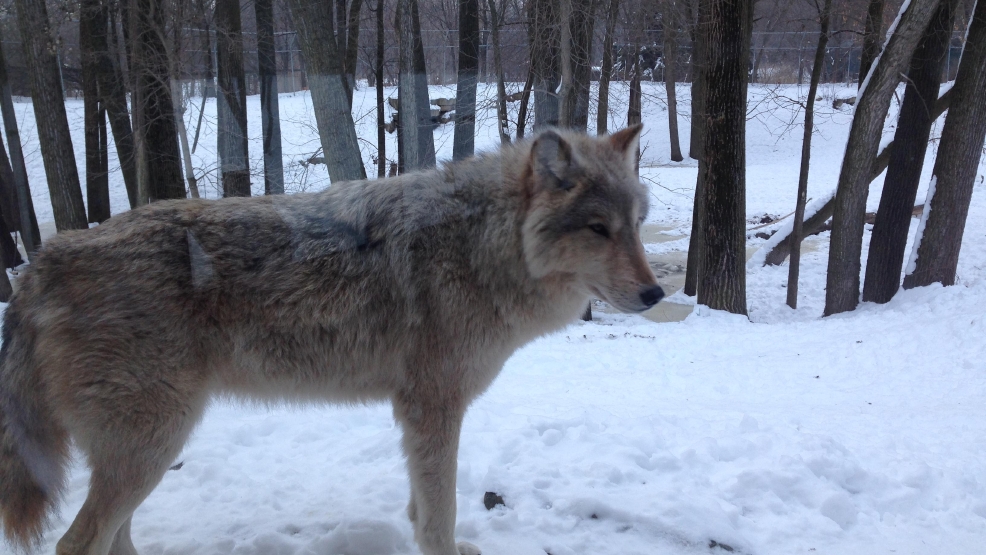Wednesday, January 20th 2016

The two-page notice includes additional requirements the state must follow when seeking approval for future landings in wilderness areas. "As more information becomes available, we may identify additional measures that need to be taken," said Salmon-Challis National Forest Supervisor Chuck Mark in a statement. "We need to demonstrate that IDFG and the Forest Service are both able to redeem their respective responsibilities to manage and protect the state's wildlife populations, and to administer and protect wilderness in accordance with the requirements of federal law."
The state manages wildlife, and the Forest Service oversees the Frank Church River of No Return Wilderness. On Jan. 6, the Forest Service approved Fish and Game's request to use helicopters in the wilderness to put collars on elk, and the state agency over the next three days put collars on 60 elk, divided among cows and calves. Workers with tranquilizing darts shot elk from helicopters and then landed to attach GPS tracking collars.
The state agency said in a statement Jan. 13 that it hadn't communicated clearly with one helicopter crew that attached tracking collars to four wolves. "IDFG self-reported the violation right away, which is a good first step toward making things right," Mark said.
Three environmental groups Wilderness Watch, Western Watersheds Project and Friends of the Clearwater sued in federal court to stop the helicopter flights into the wilderness. The groups contend the flights violate the Wilderness Act and other environmental laws. Wilderness areas generally don't allow mechanized equipment. Though the flights have concluded, that lawsuit is moving forward.
Secondarily, the environmental groups say Fish and Game is trying to gather information to justify killing wolves in the River of No Return Wilderness. The groups say the remoteness of the area makes it a sanctuary for wolves, from which they can spread to other states.
Earthjustice attorney Tim Preso has said the tracking collars could be used to find and kill the wolves. It's not clear if the collars were placed on members of one pack or members of multiple packs.
The environmentalists' fears about wolves come as Idaho officials hope to see the number of predators dwindle. They created a Wolf Depredation Control Board in 2014 intended to reduce the wolf population. In April 2015, state and federal officials estimated the state had 770 wolves.
The notice of non-compliance by the Forest Service requires Fish and Game to follow additional steps when requesting future flights into the wilderness.
Those steps include providing information on how and why the decision to collar the wolves was made, analyzing what went wrong, and developing a plan to make sure the state agency doesn't use helicopters in a wilderness for any purpose other than that specifically approved by the Forest Service. The federal agency said future approval of Fish and Game helicopter flights into the wilderness will depend on the state agency meeting those requirements.
Fish and Game officials didn't immediately return a call from The Associated Press on Wednesday.
The agency has said it wants to track elk in the wilderness to find out why elk populations have declined, saying their numbers dropped about 43 percent between 2002 and 2011.
source


No comments:
Post a Comment